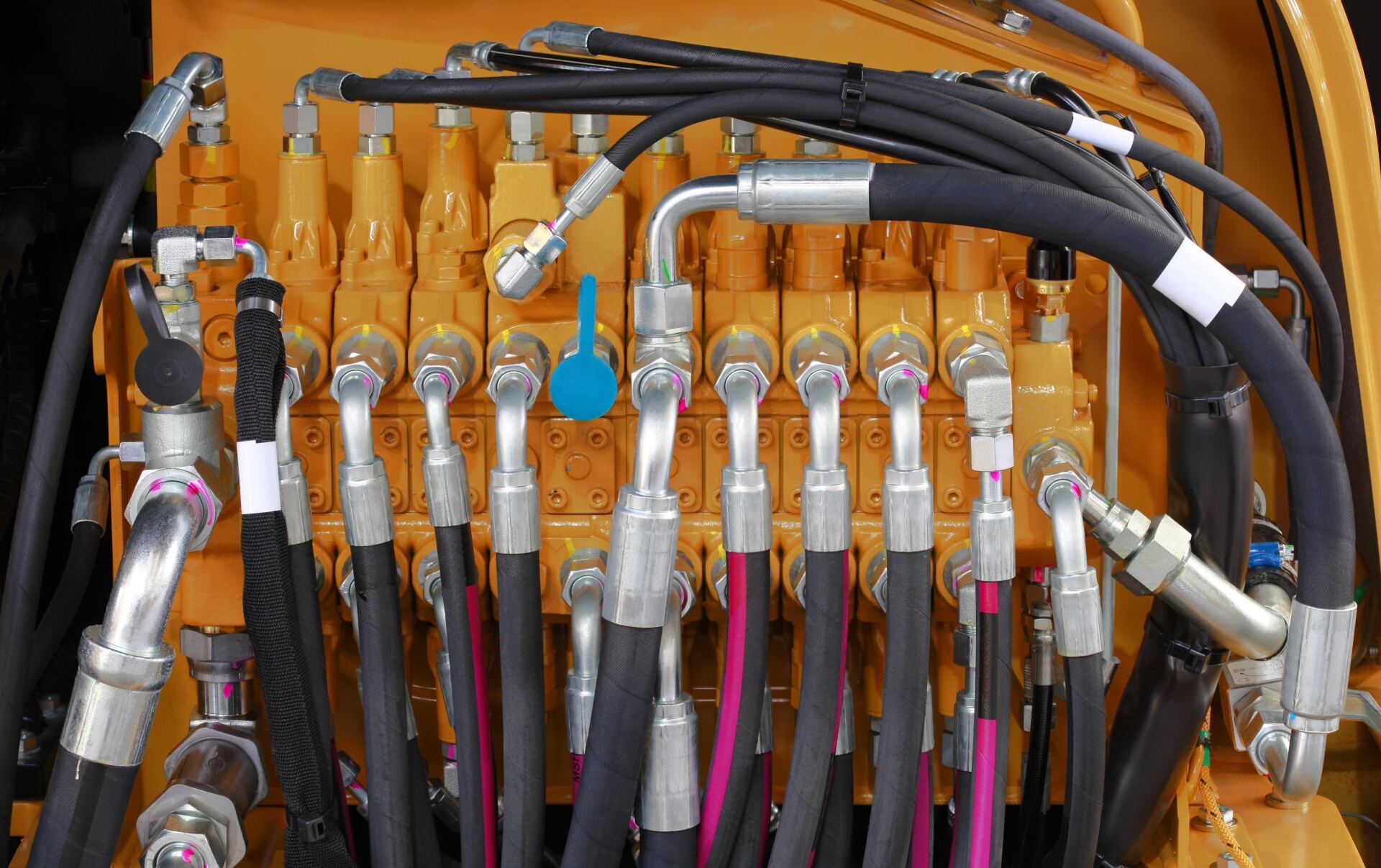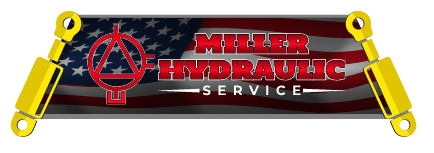3 Common Reasons for a Short Hydraulic Pump Life

Proper machinery and vehicle maintenance ensure your mechanical assets prolong their lives and serve your company until they are irreparable. Therefore, technicians and mechanics involved in the installation and maintenance of mechanical components should understand their functions and placement. Such knowledge applies to hydraulic pumps, a critical part of any machine.
A hydraulic pump is a machine that converts mechanical energy into hydraulic energy. Hydraulic pumps use an electric motor or gasoline engine to drive pistons inside a cylinder. The piston creates pressure that forces fluid from the pump's reservoir into the cylinder. The fluid then flows through valves and hoses to the pump's outlet, where it can be used to power hydraulic tools and machinery.
While some manufacturers and technicians can offer guarantees on the lifespan of their hydraulic pumps, adverse environmental conditions, human errors, and wrongful treatment can shorten a hydraulic pump’s life. Here are three common reasons for a short hydraulic pump life.
1. Contamination
Hydraulic pumps contain sealant materials that ensure they remain air- and water-tight, with varying degrees of tolerance for different machines. For example, machines that operate in high-moisture conditions should possess better sealant qualities than machines designed for general and moderate conditions.
However, contamination could occur from outside elements when the pump becomes compromised. Air and water molecules might mix with the pump fluid destroy interior sections.
Air contamination results from air molecules that enter the pump via cracks or when fluid content is low. This contamination allows the gaseous elements to mix with the fluid.
Water contamination occurs inside a hydraulic pump when water molecules enter the pump and mix with the hydraulic fluid. This infiltration can happen if friction and unnatural wear and tear compromise the pump's seal, the hydraulic fluid is impure, or the pump operates in an environment with high water vapor.
When the pump operates with these contaminants, it can decrease efficiency. Moreover, it forces the pump to operate at higher frequencies or use more energy.
2. Incorrect Installation or Repair
Human errors can occur when an individual installs, repairs, or reinserts a hydraulic pump. The main components of a hydraulic pump are the electric motor or gasoline engine, the piston, the cylinder, the valves, and the hoses. These parts work together to convert mechanical energy into fluid power. Therefore, when these parts become compromised, they shorten the hydraulic pump's lifespan.
Improper installation can cause the pump to misalign with the drive shaft. It will put undue stress on the pump and eventually cause it to fail. Incorrect seals will leave gaps that allow contaminants to seep into the hydraulic fluid and damage the pump. Additionally, incompatible parts might stress the pump as it may cause vibrations, which release the pump from its secure position and degrade it faster.
3. Extreme Temperature Changes
Pumps subjected to extreme temperatures or operated in extreme weather conditions without any upgrades or maintenance will fail faster than their counterparts. High temperatures can break sealants or thin the hydraulic fluid, which causes it to evaporate through gaps and cracks. Additionally, low temperatures may freeze and contract metallic components and thicken the pump fluid, which increases the strain and causes the pump to overwork beyond its operational limits.
You should hire qualified technicians as they can ensure your hydraulic pump settles in its proper position to avoid any future mishaps. Additionally, professionals will assess your hydraulic pump needs and procure the correct parts that fit snugly with your machine components. Proper maintenance, installation, and repair will ensure the longevity of your hydraulic pump.
Contact Miller Hydraulics Service to procure a technician's services or purchase hydraulic pumps and parts for your vehicles and machinery.





